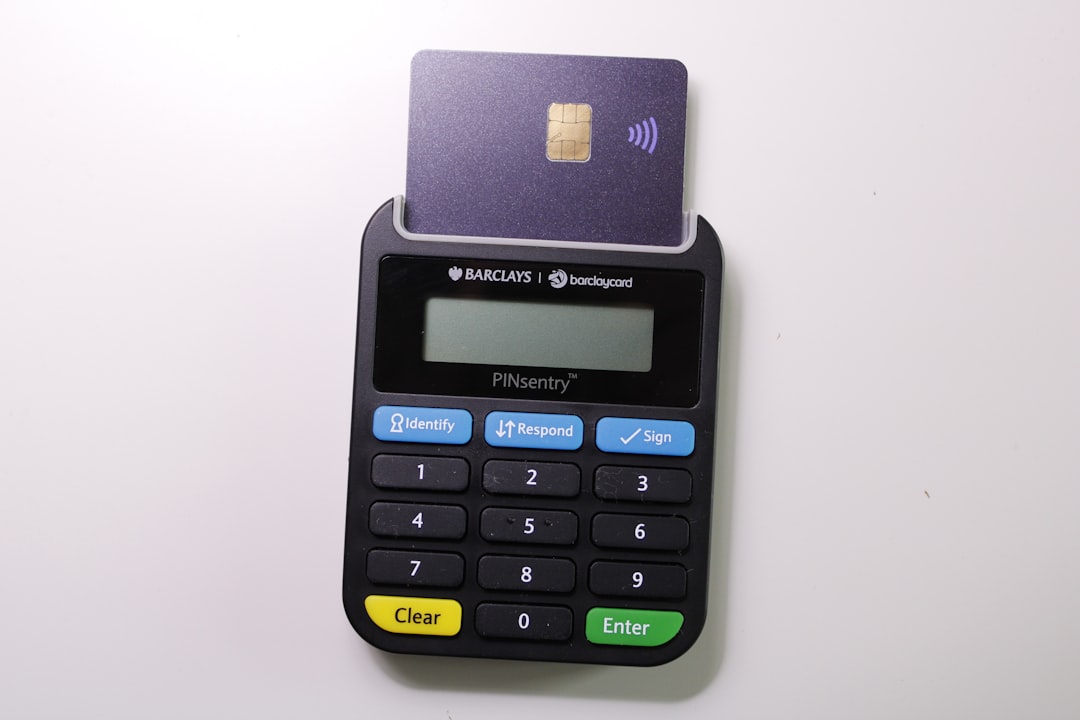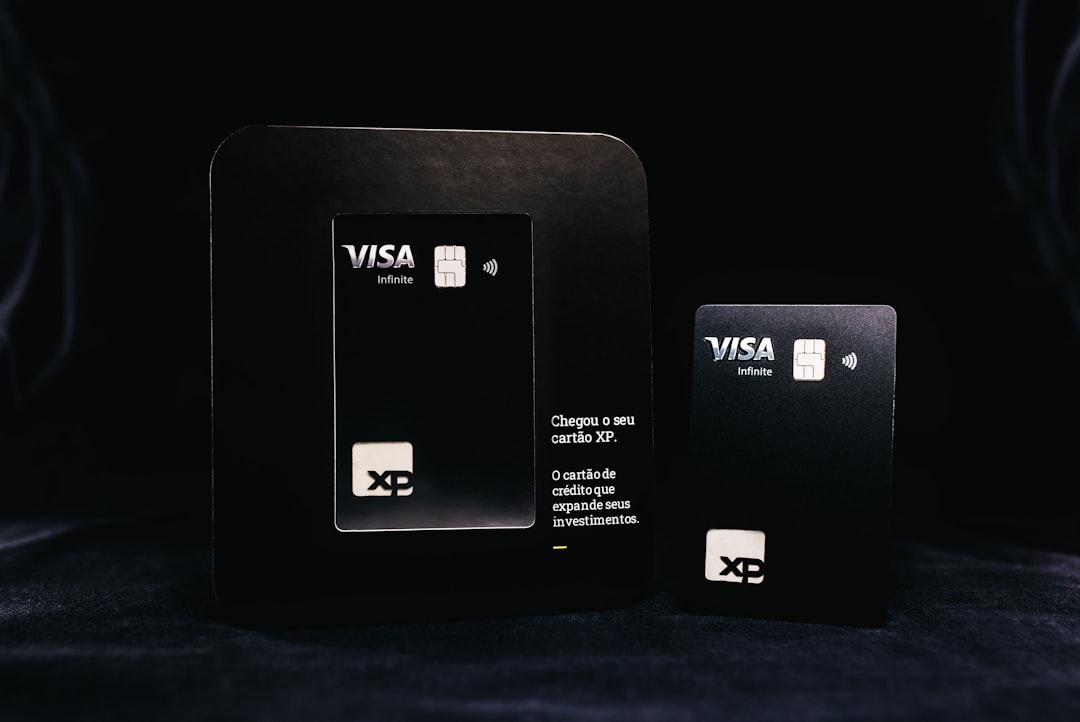Running a small eCommerce business has never been more accessible or exciting than it is in 2025. With an ever-expanding suite of online tools, entrepreneurs can now build attractive, functional online stores in minutes. However, one of the most vital decisions any eCommerce business must make is selecting the right payment gateway. The right payment processor can boost conversions, enhance security, and scale seamlessly as businesses grow. On the flip side, a poor choice can lead to technical misfires, high fees, and abandoned carts.
In this article, we’ll dive into the best payment gateways for small eCommerce businesses in 2025, comparing their features, pricing, usability, and customer support. Whether you’re just starting out or looking to upgrade your existing system, you’ll find a solution that fits your specific needs.
What is a Payment Gateway?
A payment gateway is a technology that facilitates transactions between a customer and a business by securely transmitting card or bank information. It acts as an intermediary between your website’s shopping cart and the payment processor. Popular payment gateways provide end-to-end encryption, fraud protection, and a smooth checkout experience.
Key Factors to Consider
Before diving into the top contenders, it’s worth understanding what small businesses should be thinking about when evaluating options:
- Transaction Fees: Can affect profitability, especially at scale.
- Integration Capabilities: Should sync seamlessly with your eCommerce platform.
- Customer Experience: A slow or clunky checkout process can lead to cart abandonment.
- Security and Compliance: PCI DSS compliance and fraud detection are non-negotiable.
- International Support: Helpful if you sell globally or plan to expand.
Top Payment Gateways for Small Businesses in 2025
1. Stripe
Best for: Tech-savvy businesses and developers
Pricing: 2.9% + 30¢ per transaction (standard)
Stripe remains an industry leader in 2025, offering a robust and scalable payment processing system. Known for its developer-friendly APIs, Stripe lets businesses create fully customized checkout experiences. It’s widely supported by modern eCommerce platforms like Shopify, WooCommerce, and BigCommerce.
- Supports 135+ currencies and payment methods
- Advanced fraud detection with Stripe Radar
- Recurring billing and subscriptions
While the initial setup may be a bit more technical, the flexibility and feature set make it worthwhile for businesses aiming to grow.

2. PayPal
Best for: Trust and brand familiarity
Pricing: 2.99% + fixed fee (varies by currency)
PayPal has long been a household name in online payments, and in 2025, it still earns its place as a top option for small merchants. Its easy-to-use interface and “PayPal Checkout” button offer customers a frictionless experience and an extra layer of trust.
- Easy integration with major eCommerce platforms
- Supports international transactions
- Customers can pay using their PayPal balance, credit cards, or bank accounts
However, fees can be slightly higher than competitors, and not owning the entire checkout experience may deter brand-conscious sellers.
3. Square
Best for: Brick-and-mortar stores expanding online
Pricing: 2.6% + 10¢ for in-person; 2.9% + 30¢ for online
Square offers an excellent blended solution for small shops that operate both online and in-store. Their ecosystem includes POS systems, online store builders, and hardware solutions that help unify the customer experience across channels.
- Free online store with easy setup
- Integrated payments for both digital and physical sales
- Detailed dashboards and reporting tools
Square’s seamless integration and affordability make it especially appealing for retailers looking to extend their operations beyond the storefront.

4. Shopify Payments
Best for: Shopify users
Pricing: 2.9% + 30¢ (or lower with higher plans)
If your store runs on Shopify, then Shopify Payments may be your most convenient option. It integrates seamlessly with your store and eliminates the need to connect a third-party gateway. That means there are no additional transaction fees—something that can significantly reduce your overhead.
- Immediate access to sales data
- Integrated chargeback management
- No extra fees if you use Shopify Payments as your default gateway
However, it is exclusive to Shopify, so switching platforms later could lead to more complex setups.
5. Authorize.Net
Best for: Established businesses looking for longevity
Pricing: 2.9% + 30¢ per transaction plus a $25 monthly gateway fee
One of the oldest players in the payment gateway space, Authorize.Net offers a strong feature set suited for businesses that value stability and customer service. It supports mobile payments, e-checks, and recurring billing.
- Highly customizable integration options
- Strong fraud detection and security protocols
- Reliable customer support
While it may not be as modern-looking or inexpensive as newer options, its reliability makes it a popular choice among growing businesses.
6. Mollie
Best for: European small businesses
Pricing: Pay-as-you-go, varies by payment method (e.g., 1.8% + 30¢ for cards)
Mollie is gaining rapid traction in the EU and makes an excellent pick for small businesses throughout Europe. With support for all major European payment methods—including SEPA, iDEAL, Bancontact, and more—it helps merchants offer localized experiences to customers.
- Fast onboarding process
- Clean, modern dashboard and analytics
- Transparent pricing
It may lack some advanced features compared to Stripe but wins big on ease-of-use and European compliance.
Emerging Trends in Payment Gateways (2025 and Beyond)
2025 has brought new trends that are shaping how payment gateways function:
- Cryptocurrency acceptance: More gateways are beginning to accept crypto like Bitcoin and Ethereum.
- Buy Now, Pay Later (BNPL): Integrations with services like Klarna, Affirm, and Afterpay are becoming a standard offering.
- AI fraud detection: Advanced algorithms help identify and block fraudulent activities in real-time.
- Voice commerce and wearable dashboards: Expect integration with smart assistants and smartwatches.
These innovations make it an exciting time to optimize your store’s payment processing while keeping an eye on customer expectations.
Final Thoughts
Choosing the right payment gateway for your small eCommerce business is not a one-size-fits-all affair. Your ideal choice will depend on your business model, target market, technical ability, and budget. Here’s a quick recap to help you decide:
- Use Stripe if you want customization, international reach, and are comfortable with tech.
- Use PayPal if you’re catering to a mainstream or global audience who values brand familiarity.
- Use Square if you’re blending online and physical store sales.
- Use Shopify Payments if you’ve chosen Shopify to run your store.
- Use Authorize.Net if you value infrastructure stability and longevity.
- Use Mollie if you operate in Europe and need localized solutions.

Remember, your payment gateway doesn’t just handle transactions—it also plays a crucial role in your customer’s checkout experience, overall trust, and your business’s bottom line. Make your choice wisely, and you’ll be investing in both security and future growth.